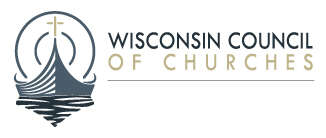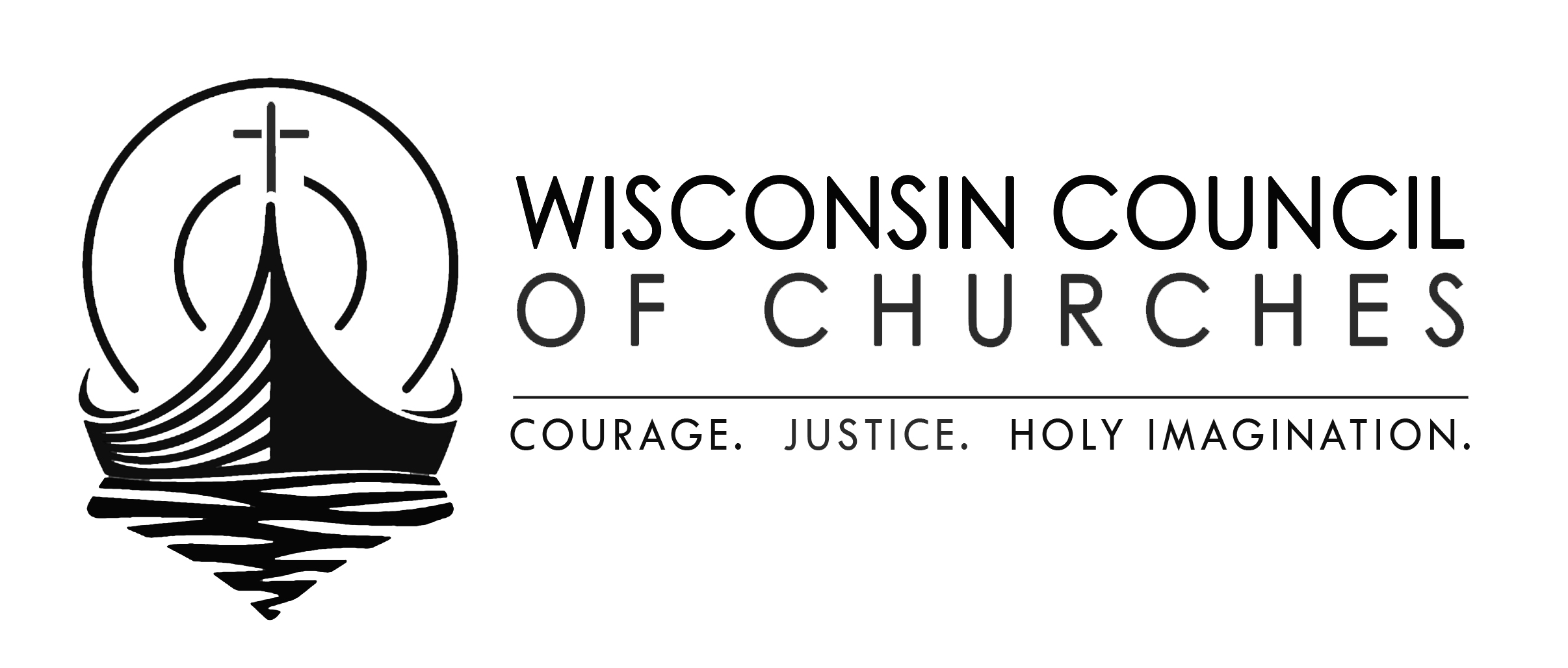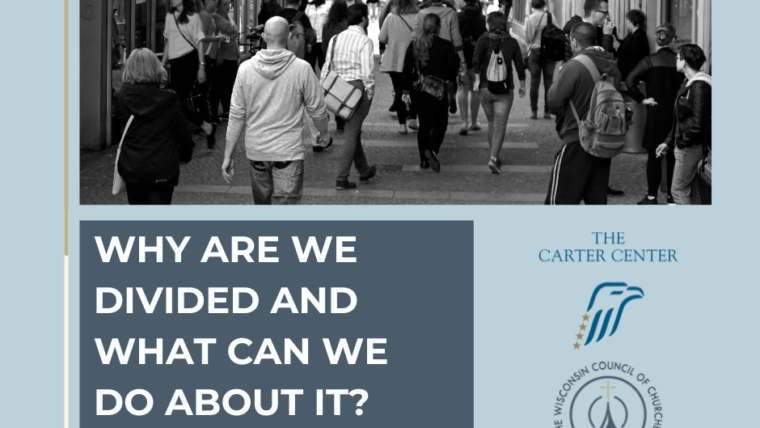Portents of smoke and fire and haze
10 things to think about when air quality is this bad
You may have noticed (how could you not?) the smoky haze covering much of Wisconsin in the last few weeks. Originating with wild fires in northern Québec, it makes for beautiful sunsets and terrible breathing.
Airnow.gov predicts that the pollution will moderate on Thursday, at least in my area. But we will almost certainly face this situation again. With climate change comes more wildfires. Friends on the West Coast will testify to that fact.
It will be good to be prepared, then. The EPA provides some background information and a handy chart of things to think about. I’ve put that in a shareable form here and made a list of suggestions for churches below.
Two points
Before we get that, however, let me say two quick things. One is that smoke from wildfires or man-made sources produces fine particulate matter 2.5 micrometers and smaller. But there are other sources of air pollution that can cause problems as well. Those include ozone and particulate matter, such as dust, pollen or mold. Particulate matter might not result in visible haze, but it can trigger serious respiratory issues.
Another thing, in case you’re wondering: yeah, this does relate to COVID. That disease can have long-term repercussions for the lungs, heart, and immune system. On the opposite, it’s hard to imagine living in a cloud of smoke for weeks on end does any good for a bout of COVID. All the more reason to stay up to date on vaccinations and boosters.
Be prepared
With that, here are some things for churches to think about this summer:
- Monitor air quality on Airnow.gov or your favorite weather app. Yes, it’s one more thing to worry about. Yes, it’s important.
-
-
People with heart or lung disease, including asthma or COPD.
-
Older adults
-
Children and teenagers (As the EPA notes, their lungs are still developing, and they breathe in more air per body weight than adults)
-
Pregnant people
-
Minority populations
-
Outdoor workers
-
- It might not be a great year for outdoor worship or a picnic. Even when pollution levels are “Moderate,” they can be unhealthy for some people. If you do meet outside, try to keep things short and avoid strenuous activities. Sorry, everyone who’s into Marathon Church.
- Watch out for symptoms like coughing, heart palpitations, shortness of breath, or unusual fatigue. If members of your community are experiencing symptoms like this, they should consult their healthcare provider.
- It is a good time to check in on people. They might be experiencing physical symptoms, or isolation if they’re not able to get outside and socialize. Make sure they have a place with air-conditioning to be.
- Indoor space is a valuable asset. If you have a large fellowship hall or open area, consider opening it up for kids to run around in. Their mothers will thank you. Or, if you have comfortable space, think about providing it for people to socialize in. (Yes, we’re aware this is pretty much the opposite of the COVID advice we were giving a year ago.)
- Speaking of COVID advice, the masks we wore indoors last year are helpful outdoors this year.
- Improve the air indoors as well. When things are bad, keep the windows and doors closed if possible, and run air filters. The EPA recommends using fewer candles indoors. It’s hard to see how that would make much of a difference in most sanctuaries, honestly. But if you have a small worship space and/or use a lot of candles or incense, it’s something to think about. Everyone can think about improving their HVAC system or building a Corsi-Rosenthal box.
- Talk about climate change and equity issues. Climate change does indeed lead to more forest fires and other ecological issues. The good news is that there are things individuals in your community can do to decrease air pollution. As well, minority communities are more prone to asthma, and they disproportionately suffer from the ill-effects of living next to busy roads and highways. Now is the right time to review these issues, and what your faith has to say about them.
- It is never the wrong time to be good to one another and take simple precautions. It’s easy to say this is a temporary thing, not a big deal. But by the same token, the responses are pretty easy. Think about what you do outside. Reach out to the people who might be particularly affected. Take some commonsense precautions. That’s it. Oh, and if you could pray for a shift in the jet stream, that’d be nice, too.
The Links
- The CDC’s vaccination advisory panel now recommends that people over the age of 65 get an RSV vaccine. People between 60 and 64 years old can talk to their provider about it.
-
Heads up, I am going to tell you about something that is completely untrue. No, there is no monkey-virus DNA in COVID vaccines. Again, this is not true. In fact, it is utter nonsense. Please do not get your health information from the Epoch Times.
-
Wisconsin DHS is seeking input for its Family Care and Family Care Partnership programs. If you’re covered by one of these programs, or know someone who is, the deadline for response is August 1st.
-
The state revenue-sharing bill signed into law by Gov. Evers last week includes some limits on local health officers. They are now allowed to close businesses for up to 30 days “to control an outbreak or epidemic of communicable disease,” with one 30-day extension. They may not distinguish between essential and non-essential business. This isn’t great—the Wisconsin Public Health Association would prefer no such limits. But it’s better than the 14 day limit originally proposed.



